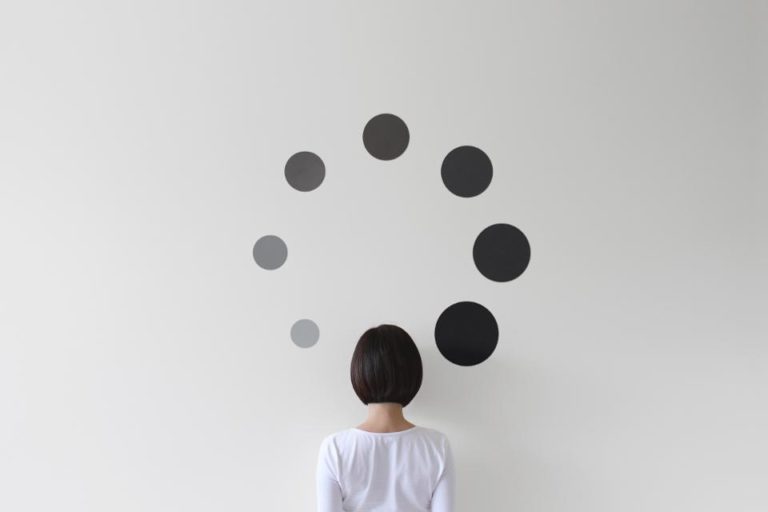“The only way to win is to learn faster than everyone else,” said Eric Ries, author of The Lean Start-Up. And yet, most people — regardless how brilliant or talented they are — don’t extract as much learning out of their experience as they could.
If you were mining for gold, you wouldn’t just extract 5% of the gold and leave the rest behind, would you? So why do people do the equivalent when it comes to learning from their experience?
There are at least three reasons:
First, they simply don’t take the time to pause — to review and reflect on what happened and why. They’re always moving on to the next thing, focused on getting things done. There’s no instant gratification in looking backwards.
Second, if they do take the time to look back, they generally take an ad hoc approach. They don’t know exactly what to focus on so their review is subjective and inconsistent, biased by memory and their state of mind in the moment.
Third, they don’t go beyond the emotional content. They get caught up in their internal narrative, the psychological pain of getting it wrong, the hit to their ego — their learning revolves around self-protection and avoiding similar threats in the future.
So how can you operationalize the learning process to make it more effective?
Have a system
Start by carving out time for a consistent practice — say, 15 to 20 minutes a day.
Okay, it’s 6:00 pm and you’re ready to reflect: what do you focus on?
Executive coach Chris Holmberg suggests a simple three-part construct taken from integral theory where you “look at the world through the lenses of the ‘It,’ the ‘We’ and the ‘I.’ The ‘It’ refers to your tasks, the external stuff of your role at work: Your goals, achievements against those goals, the stuff you’re getting done. The ‘We’ is about your relationships, the quality of your interactions — which too few people think about. And the ‘I’ is about the attitudes and energy you personally bring to the table every day.”
Did you do the tasks that were important and not just urgent? If not, what were the inflection points where you got off track?
Did you add value in your interactions with people — did they walk away with more energy, goodwill, self-awareness? Did you get a better understanding of how they tick?
Not surprisingly, “most leaders become overly focused on the ‘It’ and getting things done at the expense of the ‘We’ and the ‘I.’ says Holmberg.
By using these three lenses to systematically reflect on the events of your day, you gain a more balanced perspective. You also get the effects of compound learning: Why was that team meeting so unproductive? Synthesize the learning from today’s observations and apply it to the next iteration tomorrow.
Learn from the unexpected
Annie Duke is a former world champion poker player turned decision strategist and author of Thinking In Bets. In her webinar with Dreamit Ventures’ Steve Barsh, she stressed that you have to get the right lessons out of an experience.
In fact, whether you had success or failure is less important than whether there was something unexpected. What you really want, says Duke, is to be is “a good predictor of the future.”
She gives an example: Let’s say you’re going to roll out a particular software feature and you predict that 10% of users are going to adopt it in the first week. If it turns out to be a dud, you do a big meeting to debrief what happened, where you went wrong.”
But what if it turns out that 20% users adopt it in the first week? “You’re not having a big meeting to figure out why you thought it was only going to be 10%. You’re celebrating with champagne!”
That, Duke points out, is a missed opportunity to learn from what happened: “Underinvesting is just as bad as over-investing.”
“The key is to make specific forecasts and come up with a rationale. Then, when the world reveals itself in ways that’s unexpected, you get the learning from that.”
Keep a record
A lot happens in any given day. Without a written record — not only of physical actions and decisions but also of interpersonal observations, emotional reactions, red flags — you’re setting yourself up for the pitfalls of selective memory and emotional subjectivity.
Veteran technologist and Chief Scientist at zyGnosis, Phil Lui Ph. D. has been keeping detailed logs for over 25 years. A habit he developed in documenting the software development process, he applies it to all kinds of learning activity — most recently in re-learning how to play the violin.
“It’s like leaving a trail of bread crumbs, “ says Lui. “What issues did I run into? Why did it take three months instead of one? With a log, I can retrace my thinking and recall the context in which I made decisions.”
Having that record, he’s found, then opens up new pathways for reflection — reviewing what he’s done with the understanding he’s since acquired, gives him the ability to “make greater sense of complexity, dive deeper into past solutions and synthesize new connections.”
That’s what this largely comes down to: acquisition vs synthesis.
When we’re always moving onto the next thing — focused on overcoming individual obstacles — we’re acquiring experience but not true learning. As Liselore Haverman, a researcher at ScaleUpNation, points out, “We often don’t even stop to evaluate whether we’re on the right obstacle course.”
So we end up with a superficial understanding of complexity, committing variations on the same mistakes: For all our forward motion, internal growth is incremental.
When we take the time to synthesize what we’ve experienced, it takes us off the linear path into exponential learning.
That, to me, is winning.

